Table of contents
According to a national survey, about 14.1 million adults had alcohol use disorder in 2019.1 Despite how common the disease is and the havoc it wreaks on people’s lives, alcoholism is a treatable disorder. With the right kind of support and treatment, people of all backgrounds recover from alcohol use disorder.
According to a national survey, about 14.1 million adults had alcohol use disorder in 2019.1 Despite how common the disease is and the havoc it wreaks on people’s lives, alcoholism is a treatable disorder. With the right kind of support and treatment, people of all backgrounds recover from alcohol use disorder.
Alcohol abuse counseling is one of the primary treatment methods that professionals incorporate into treatment plans. During residential or outpatient rehab, alcohol abuse counseling plays a big role in helping individuals identify harmful behavior patterns and make positive changes for lasting sobriety.
If you’ve never gone to therapy, willingly choosing to attend alcohol abuse counseling may not sound like something you want to do. However, it’s a vital part of the recovery process. Here’s why.
Related post: 6 Things You Should Know Before Going to Inpatient Drug Rehab
What Is Alcohol Abuse Counseling?
Alcohol abuse counseling, also called talk therapy, involves working with a behavioral health professional to modify harmful behaviors that lead to alcohol abuse and addiction. It is provided in a variety of settings, such as outpatient or inpatient treatment programs, and can also be used in one-on-one treatment or group sessions.2
When you first start treatment, you’ll meet with your alcohol abuse counselor frequently. However, as you progress through your treatment and recovery, you’ll have less frequent meetings. On the other hand, if you’re struggling with cravings, a difficult life situation, or you need extra support for any reason, you can schedule extra sessions with your counselor.
During individual and group sessions with your counselor, he or she will:
- Provide information about alcoholism and recovery
- Establish a treatment plan and recovery goals
- Uncover underlying issue and triggers that fuel your drinking
- Offer tips and techniques for long-term sobriety
- Regularly assess your progress through treatment
- Provide emotional support throughout recovery
No matter how long you’ve been addicted to alcohol or how much you drink, alcohol abuse counseling can help you achieve full and lasting recovery.
Why Do I Need Alcohol Abuse Counseling?
There are many benefits of participating in alcohol abuse counseling, but most importantly, counseling will help you improve your health and mend relationships that have been damaged by your alcohol abuse. Most importantly, it will help you overcome your addiction and learn how to stay sober long-term.
Types of Therapy Used to Treat Alcoholism
Several types of therapies are incorporated into alcohol addiction treatment programs to help people recover and achieve lasting sobriety. They include:3
- Cognitive behavioral therapy (CBT): A counselor can use CBT in a one-on-one session or a group session. It’s designed to help people identify the thoughts and feelings that lead to heavy drinking. It also helps people manage the stress that typically leads to relapse and cope with common situations that can trigger cravings or the desire to drink.
- Motivational enhancement therapy: Motivational enhancement therapy helps people see the pros and cons of seeking treatment, establish a plan for change, and develop the skills they need to stick to their recovery plan and treatment goals. Over time, this type of therapy also helps people build confidence in their ability to change and sustain a stable and sober life.
- Contingency management: Contingency management is a type of therapy that involves using tangible rewards to motivate positive behaviors and reward measurable achievements during treatment. Examples may include abstaining from alcohol use or attending treatment sessions.
- Couples/family counseling: Family counseling helps family units heal and recover from addiction by using positive activities, communication training, and relapse trigger identification.
- 12-Step facilitation therapy: This type of therapy is used to increase a person’s involvement in the 12-Step Program or other mutual self-help groups for addiction recovery.
- Mindfulness-based relapse prevention: Mindfulness-based relapse prevention combines life skills development with mindfulness practices. This helps people respond better to physical and emotional triggers instead of just giving into those impulses to drink.
These types of therapies are often used in tandem and with medication, depending on your treatment needs.
Signs You Might Need Alcohol Abuse Counseling
If your alcohol use has spiraled out of control, you likely need alcohol abuse counseling. However, it’s not always easy to know when you’ve crossed a line and you need help. If you identify with any of the following behaviors, you could benefit from alcohol abuse counseling.4
- Hiding your drinking from family and friends
- Having extreme mood swings and other withdrawal symptoms when you can’t drink
- Isolating yourself from others. Or, others have begun to isolate themselves from you because of your drinking
- Having blackouts or experience periods of memory loss
- Making excuses about why you drink
Family Support Groups for Alcohol Use Disorder
If your loved one is addicted to alcohol and decides to get help from a counselor, there are ways you can help yourself too. The effects of alcoholism reach far beyond just the addicted individual. It also impacts close family members, friends, and other loved ones who care.
Dealing with an addicted loved one can be difficult but family support groups for alcohol use disorder can help you cope. There are many different types of support groups for addicted individuals and their loved ones, including the following:
- Alcoholics Anonymous (AA): AA has helped people recover from alcohol use disorder for decades. During meetings, people share tips and support to others in recovery while they learn from listening to others’ experiences.
- Al-Anon: This group is for loved ones of people who are experiencing alcohol use disorders. During meetings, attendants learn how to cope with their loved one’s addiction and deal with their own emotional difficulties.
- LifeRing: This support group offers a healthy network of sober peers to help people maintain their sobriety.
- Secular Organizations for Sobriety (SOS): SOS is a nonprofit network made up of secular recovery groups. It’s a great alternative for 12-Step-based groups like AA.
How to Choose An Alcohol Rehab Center
Many behavioral health professionals treat alcohol use disorder and other addictions and mental health problems. However, the best place to start is to search for treatment experts who specialize in alcohol addiction. From there, you can narrow down your options based on location, price, types of treatment, and reviews. However, here’s what you should look for to find a reputable and effective alcohol rehab program:
- Proper licensing and accreditation
- Evidence-based and research-based addiction treatment methods
- Works with your insurance provider or provides a variety of payment options for those without insurance
- Positive reviews from previous clients
Related post: 10 Key Questions to Ask a Potential Drug Rehab Center
Get Alcohol Addiction Treatment Today at Nova
To conclude, if you or a loved one needs help to overcome alcohol addiction, please call (888) 427-4932 or contact us online for more details about our individualized alcohol addiction treatment program. We work with most insurance providers and our helpful admissions associates are available to speak with you now.
References:
Call Us Now and Begin Healing at (512) 605-2955
Or text us and we will call you right back.
Not quite ready for a call? You can fill out the form below.
What Makes Us Different
- Gender-specific treatment
- Evidenced-based treatment
- 12-Step immersion
- 90-day residential treatment
- Family program
- Full continuum of care
- Insurance and private pay
100% Confidential Guarantee
Confidential Consultation
Nova Recovery Center is dedicated to helping you or your loved one get help. Please call or fill out this form for a confidential consultation.
One of our understanding, dedicated advisors will contact you about your options. Begin healing today.
Nova Recovery Center is dedicated to helping you or your loved one get help. Please call or fill out this form for a confidential consultation. One of our understanding, dedicated advisors will contact you about your options. Begin healing today.





